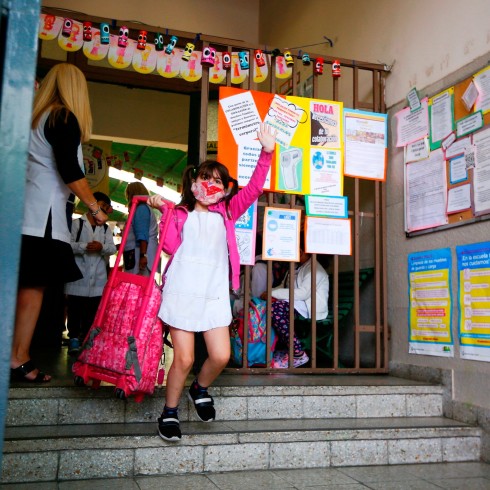By teaching our children why water beats soda, we all benefit
Shortly after I became mayor of Córdoba [Argentina’s second-largest city], the Covid-19 pandemic began. Many public facilities were closed, including schools, to keep our children and families safe.
Moving education online had a considerable negative impact on the mental health of Córdoba’s school-age population and the availability of healthy, affordable food.
In Argentina, 40 per cent of school-age children and adolescents are overweight or obese, according to the national nutrition and health survey. Nearly half of the country’s schoolchildren consume sugary drinks at least twice a day, a major risk factor for diseases such as diabetes and cancer.
Being home to most of the world’s population, cities are well placed to alleviate and prevent the burden of non-communicable diseases and injuries, including by improving access to healthy, affordable foods.
Córdoba’s approach starts with healthier diets for children. Our data suggest young people in the city are consuming sugary drinks frequently and not drinking enough water. Only 44 per cent of school-age children reach the daily recommended intake, according to the Centre for Studies on Infant Nutrition.

Studies have found that the consumption of sugary beverages has a negative economic impact because it decreases productivity. It has also been linked to anxiety and depression in young people.
This story originally appeared on: Financial Times - Author:Faqs of Insurances




























